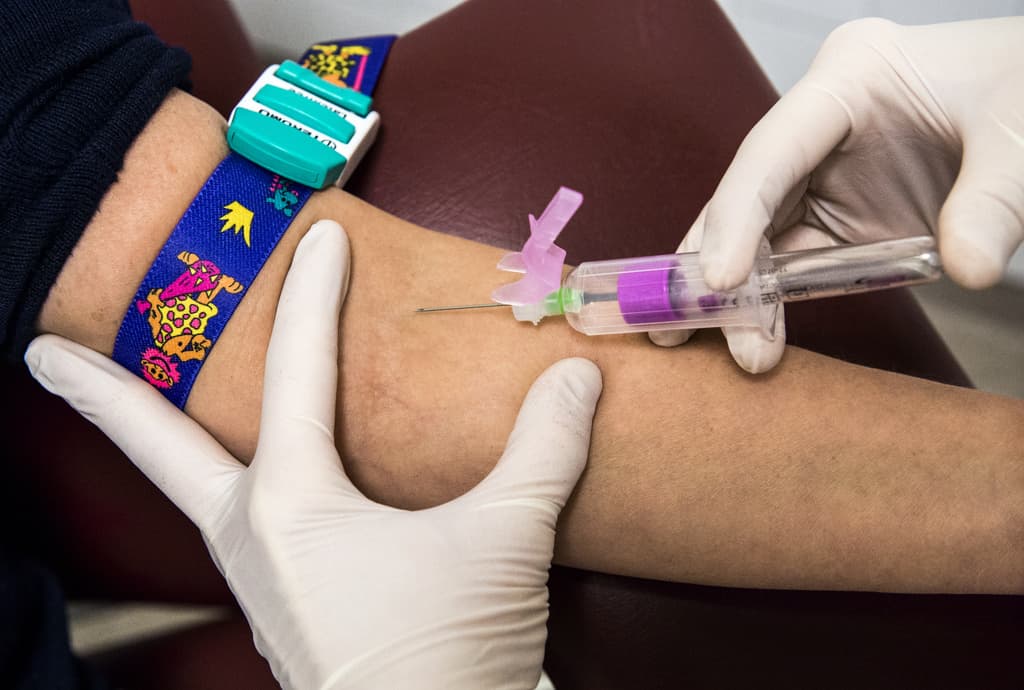It's about the subject of neurofilament – a protein that is released from the brain in the event of harmful strain and oxygen deficiency – which researchers have now investigated.
In the study, they followed over 3,000 people with atrial fibrillation and found that individuals with the highest levels of neurofilament in their blood also had the highest risk of suffering a stroke. The risk of being affected was three times higher among the quarter of the group with the highest levels compared to those with the lowest.
Atrial fibrillation affects a third of all people at some point in their lives and is a common cause of stroke.
Many with atrial fibrillation are treated with blood-thinning medication to prevent stroke, but this treatment also involves an increased risk of serious bleeding. Researchers hope that the new discovery can lead to patients with atrial fibrillation receiving care that is better tailored to their needs.
"Since the risk of suffering a stroke determines what type of treatment is suitable, this can contribute to increasing the precision of the choice of treatment," says Julia Aulin, a cardiologist at Akademiska Hospital and researcher at Uppsala University, who is the lead author of the study, in a press release.
The next step will be to investigate how different treatments affect neurofilament levels.
"The hope is that we will be able to intervene earlier in the process and slow down the harmful strain on the brain before it gives rise to symptoms," says Julia Aulin.






